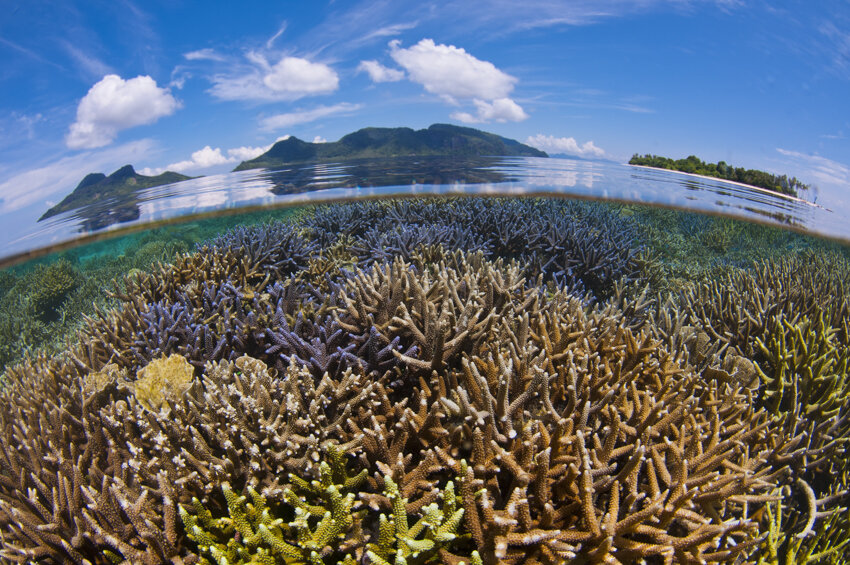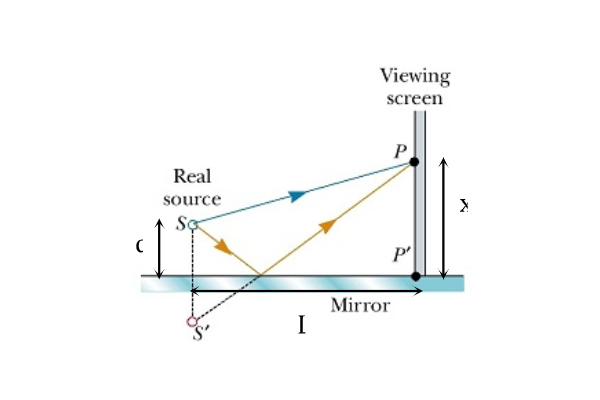
News, Research, & More
Quick Links: In The News - Research - Community - Video
Stateless Stakeholders, Seen But Not Heard? The Case of the Sama Dilaut in Sabah, Malaysia
The Sama Dilaut (also known as Bajau Laut) are a largely stateless maritime community living in the coastal region of the east Malaysian state of Sabah.
Blast Fishing In Borneo: ‘Bombs Are Quick, But They Kill The Coral Reefs’
Abdul Karim Laing used to be a bomb fisherman. “I started in 1990,” he explains. “My friend was catching a lot of fish – it turned out he was using dynamite and he taught me. I got good at it.”
Bajau Laut Customs, Viewpoints And Perceptions Concerning Marine Resource Use In Semporna, Sabah
The Bajau Laut are highly dependent on marine resources both for family consumption and sale. Fishing and gleaning is a way of life for this community and defines their socio-economic and cultural well-being.
Coral Recruitment And Potential Recovery Of Eutrophied And Blast Fishing Impacted Reefs In Spermonde Archipelago, Indonesia
Coral recruitment was assessed in highly diverse and economically important Spermonde Archipelago, a reef system subjected to land-based sources of siltation/pollution and destructive fishing, over a period of 2 years.
Lloyd’s Mirror Effect On Signal Energy As Distance Varies
This analysis aims to determine the effect of distance between a blast and the hydrophone on the received acoustic energy of the blast signal, purely as a result of the Lloyd’s mirror phenomenon (so excluding the drop in signal energy due to wavefront spreading).
The Effects Of Destructive Fishing Practices In Southeast Asia
Coral reefs disappear four times faster than the Earth’s rainforests. They cover less than 1 percent of the Earth, and yet support millions of marine plants and animals. They are among the most diverse of communities in our oceans and one of the oldest, having evolved over 200 million years ago.
Progress Towards Development Of Alternative Livelihoods In The Tun Sakaran Marine Park
Fishing and gleaning in the area now within the 350km Tun Sakaran Marine Park has caused stocks of reef fish and other edible species to fall to low levels. Efforts are now being made to reduce exploitation of marine resources in order to protect biodiversity and allow stocks to recover.
The Coral Reef Crisis: The Critical Importance Of <350 PPM CO2
Temperature-induced mass coral bleaching causing mortality on a wide geographic scale started when atmospheric CO2 levels exceeded ∼320 ppm.
Depths Of Destruction
In the midst of yet another reported fish contamination scandal in Hong Kong last week, a frightening scenario was suggested by physicist George Woodman: what if the voracious fish eaters of Hong Kong and the mainland decided the only way they could safeguard their health from the continuous fish contamination scares was to switch from farmed seafood to the cheaper ‘bombed’ version?
Recovery From Blast Fishing On Coral Reefs: A Tale Of Two Scales
Dynamite or “blast” fishing is one of the most immediate and destructive threats to coral reefs worldwide. However, little is known about the long‐term ecosystem effects of such blasts or the dynamics of recovery.
Hull-Mounted Hydrophones For Passive Acoustic Detection And Tracking Of Sperm Whales
Abstract Acoustic monitoring has proven increasingly important for detection and tracking of marine mammals. Most systems rely on towed hydrophones that can be cumbersome to deploy and pose a risk in terms of fouling propellers and failing in rough seas.
A Direction-Sensitive Underwater Blast Detector And Its Application For Managing Blast Fishing
Little is known about the spatial and temporal distribution of blast fishing which hampers enforcement against this activity. We have demonstrated that a triangular array of hydrophones 1 m apart is capable of detecting blast events whilst effectively rejecting other sources of underwater noise such as snapping shrimp and nearby boat propellers.












